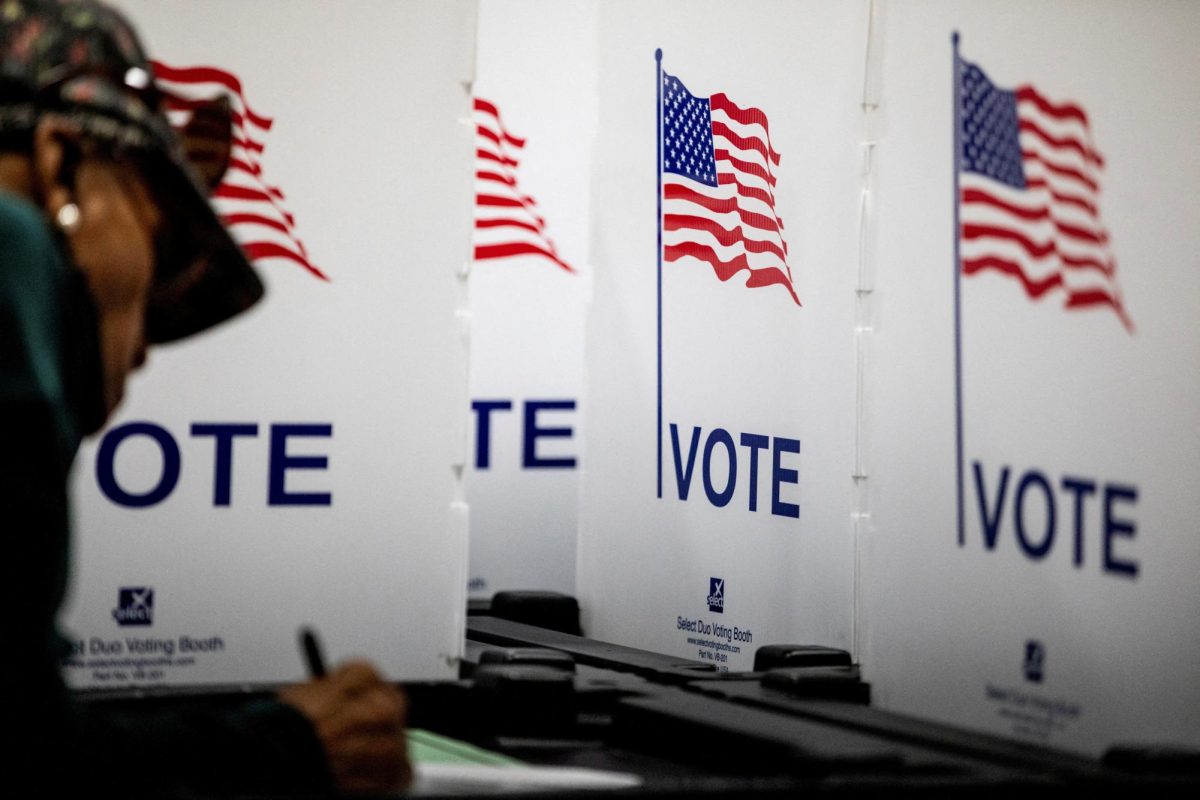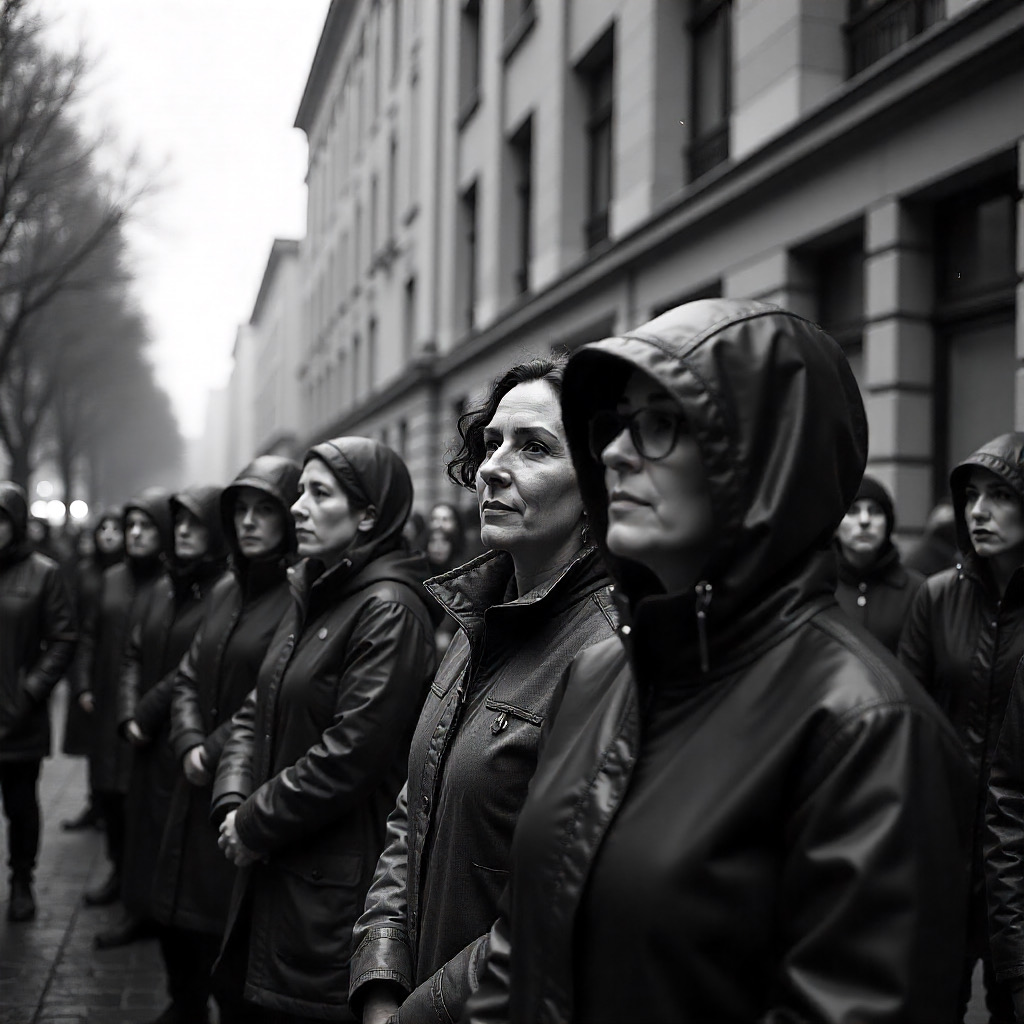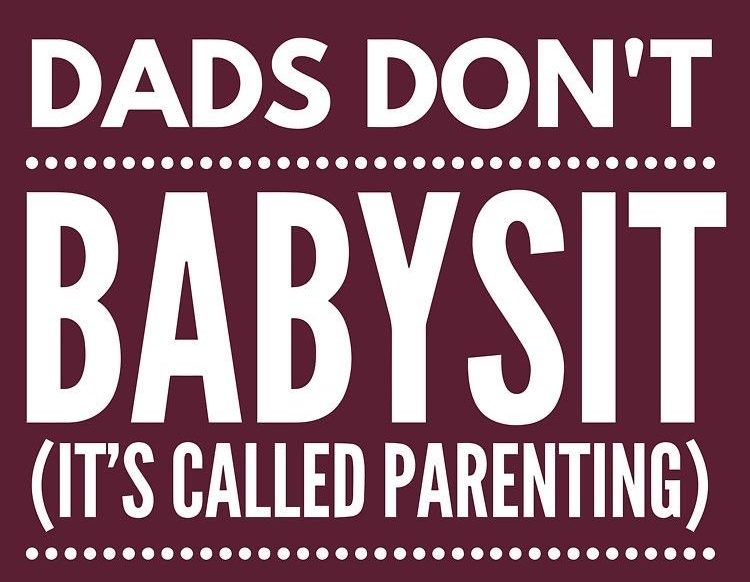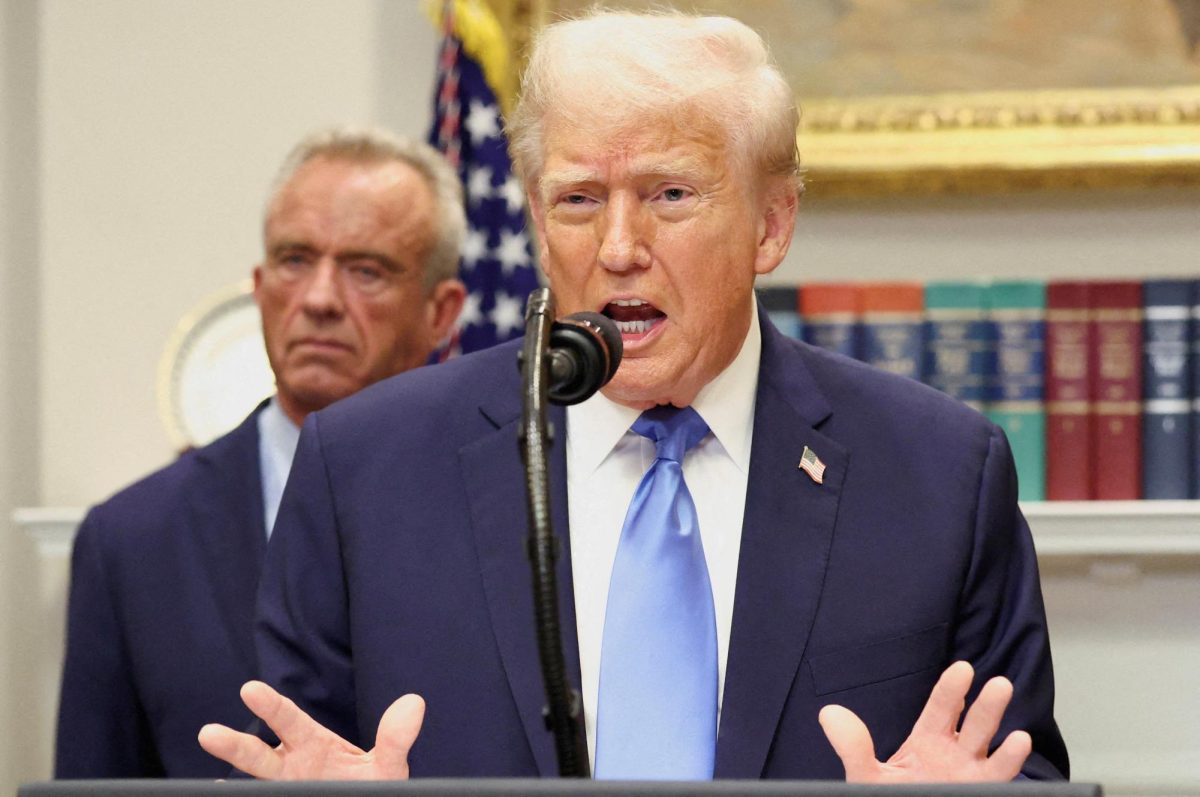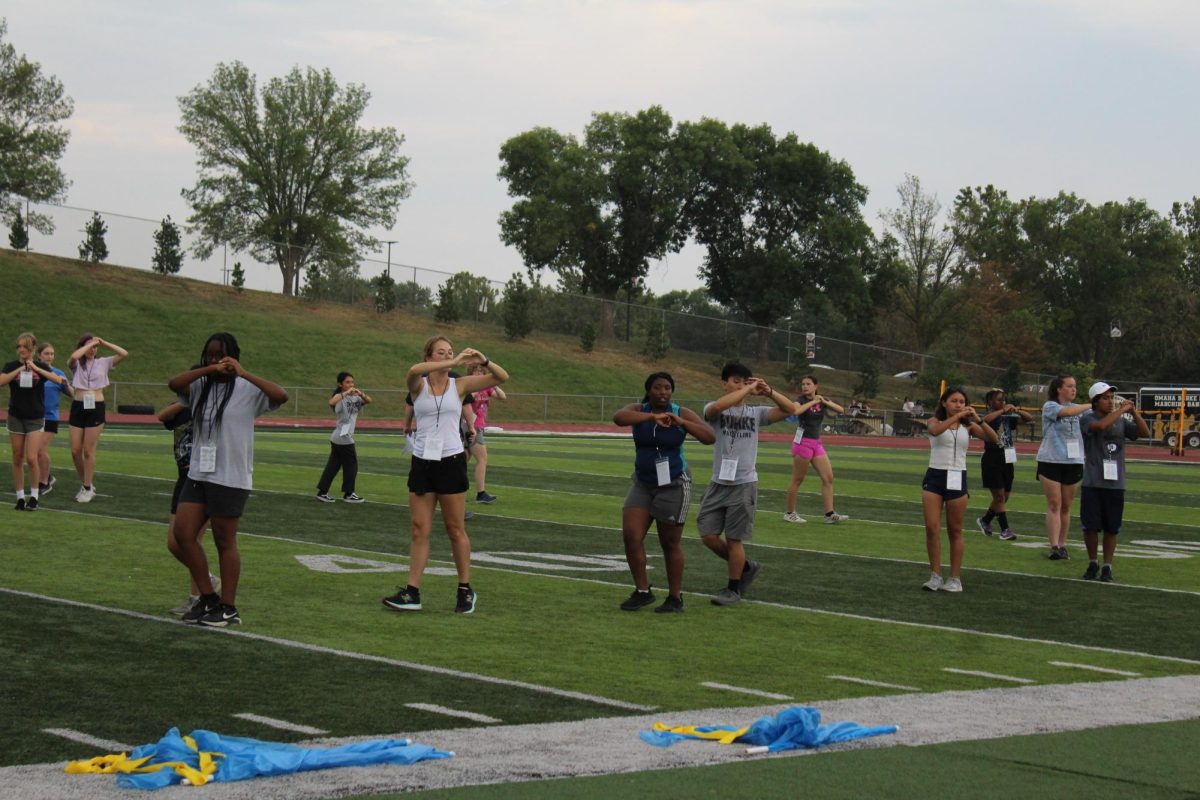On Jan. 29, the OPS Board of Education wrote a letter of opposition to the Nebraska Legislature Judiciary Committee regarding LB88, a bill currently being debated in the Nebraska legislature. This is a bill that aims to protect student journalist rights in the state of Nebraska. The Burke Journalism editorial staff stands in support of LB88 and condemns the OPS letter of opposition that’s purpose is solely based on restricting student’s speech.
Legislative Bill 88, introduced by Sen. Adam Morfeld on Jan. 7, focuses on protecting student journalists and student media advisers of their rights to press and free expression of speech. This bill has now moved through general file in the Nebraska State Legislature and it has several more votes to go before reaching the Governor.
Dr. Shavonna Holman, President of the OPS Board of Education, wrote in an opposition letter on behalf of the Board regarding her concern over phrases such as ‘public forum’ that were laid out in the bill.
“We are particularly concerned about the fact that the LB88 designates all school-sponsored media a ‘public forum,’” Holman said. She continued, “LB88 would essentially require that school newspapers include articles by any member of the public, regardless of whether they are affiliated with the school.”
The board’s concern over the phrasing of ‘public forum’ is mainly based on an inaccurate understanding of what that is in the context of this bill. According to the Student Press Law Center, “a student publication is a public forum for student expression when school officials have given student editors the authority to make their own content decisions.” This type of public forum also allows students to have stronger protections under the First Amendment of the United States Constitution.
In the terms of how the board discusses a public forum, this bill would allow any student in a high school to publish a story on the school’s journalism platforms, like a yearbook or newspaper. This is not how a journalism program works. A student, even if this bill was passed, would still be required to go through editors and advisers before anything was approved. The only students allowed to be posting stories are the ones who are involved in some sort of journalism program, a newspaper or media based class, with the exception of a letter to the editor that would still need to be approved by the editorial staff.
This is how a student journalism program works: the students come up with a topic, get it approved, write it, get the story reviewed and revised, and it gets published. This bill would help these journalism students have a voice when their school administrations and boards might censor stories because they might not agree with what a student writes about.
With the already lengthy process in student journalist’s writing, editing and getting approval, there is no need for censorship and the school administration to be involved. All student publications are required to be supervised and reviewed by a media adviser. Media advisers are educated and passionate about what they are teaching. To obtain this job, there is specific steps you are required to take. Media advisers know the difference between ethical and unethical journalists, they know what is appropriate and what is not, and are there to guide students in the best way possible. There is direction by our media advisers on how we operate, so why do we need more unnecessary control.
For school officials and legislators to repeatedly claim that anyone will have access to posting on a school’s newspaper or yearbook with the wording of ‘public forum’ in the bill is wrong. A school’s newspaper, website, or yearbook is strictly for students that take that course. These students aren’t just students- they have been educated about the ethics, the process and the history of journalism. A public forum has been taken out of context for what it’s true meaning is and instead twisted into how this bill will allow anyone to post on school sanction outlets.
The freedom of press and speech, which are included in the First Amendment of the Constitution, should cover the rights of journalists. But, we are now in the debate of keeping these rights from student journalists in Nebraska. Student journalists deserve the rights to have their opinion heard regardless of what they have to say.
The OPS Board of Education, administrators, and all individuals involved should be a part of the group that protects journalists, not restricts them. We should have the free ability to exercise our rights granted to us by the Constitution. Yes, there may be controversial and touchy subjects covered by student journalists, but that is what journalism is for. We must cover the truth, shed light on differing issues and be open about opinions. Only covering the light, fluffy issues wouldn’t be real journalism. There are always going to be hard, sensitive topics that need to be covered because our world is full of sensitive topics.
In addition to what has previously been discussed, Dr. Holman also incorrectly cited the bill. In her letter, she is talking about “Section 1, Subsection 3,” of LB88, which is talking about the different types of speech prohibited. This section is for college journalists, not high school journalists, that is later discussed is Section 2 of LB 88. This could most definitely be a mistake, but for this mistake to be in a letter on behalf of all of the OPS Board further proves just how little OPS truly wants to support their student journalists.
LB88 is a bill that is crucial for the free speech of students, and our staff believes that it is important to show that we want to be able to write the truth, and have the ability to write things that others may not be comfortable sharing. This bill has bipartisan support because it allows students on both sides of the political spectrum to have their opinions. If it is not passed in the state legislature, student journalists across the state will continue to be restricted by their various school administrations.
The Burke Journalism Staff rises in support of LB 88 and calls for the communities of Nebraska to stand behind it despite pushback from the OPS Board.



